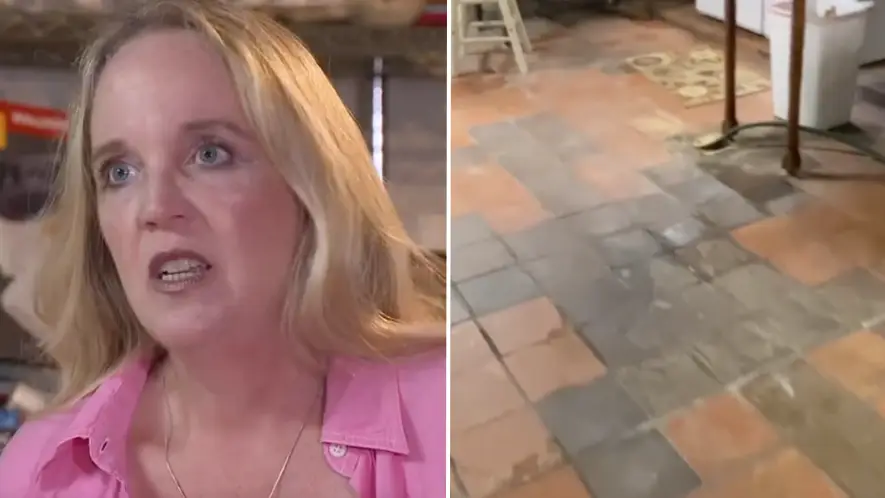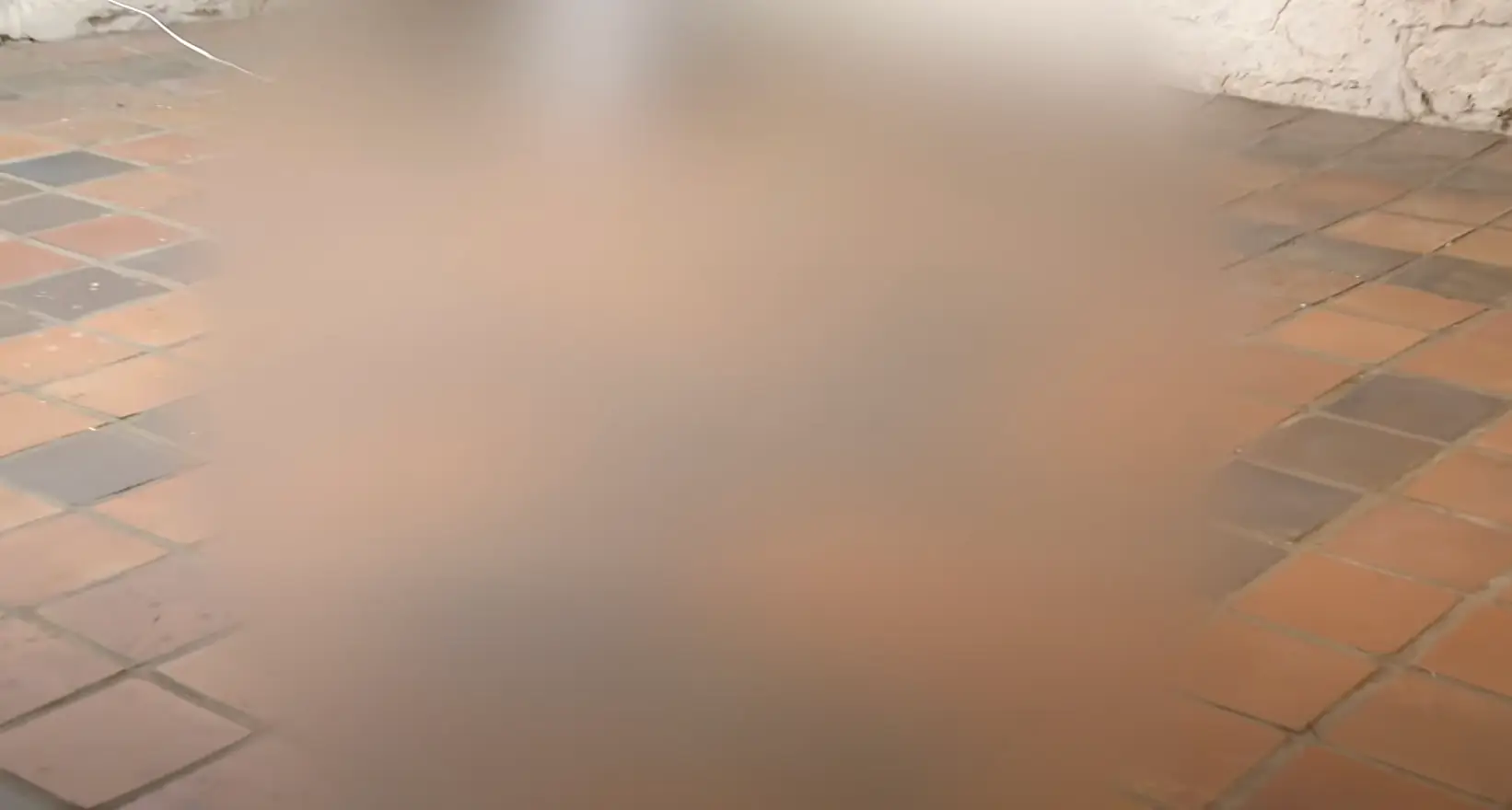
House hunting is one of the most stressful things you can do, so when you finally find a dream home and move in, you'd think you could breathe a sigh of relief.
One couple thought they could do just that after closing on a home they'd been searching for forever. Unfortunately, they were in for a very nasty shock when they moved in and discovered what had been hidden in the basement.
Lynn Rae Wentworth and her husband, from Beaver County, Pennsylvania, had been searching for their perfect home for months and believed they'd found just that when they saw a property that they could make their own.
She told CBS: "We loved the historical nature of it and the fact that there's an opportunity to update it and still keep that flair."
Advert
After a walkthrough and inspection, the couple purchased the house in 2023, having determined that everything was satisfactory. However, when she and her nephew were sorting something out in the basement, they made a 'horrific' discovery.

"I was like, 'There's something tiled into the floor here,' and you take a step over here and you're like, 'Oh my gosh. This is a swastika'," she said.
Upon moving the rug in the basement, a swastika, estimated to be six feet in diameter, was made up in the tiled floor, along with what appeared to be a German eagle.
Adding that she was 'just shocked', Lynn Rae said: "It's mine now, and I don't want it... I own it, which is horrific."
The Wentworths are now suing the seller and have claimed in their lawsuit that they believe the symbol was hidden beneath a rug and table when they viewed the home.
"Plaintiffs only discovered the Nazi symbolism several weeks after they had purchased the house and moved in," the complaint alleges (via People).
According to the Wentworth's representative, Daniel Stoner, the seller had supposedly installed the symbol in the 1970s, and argued that it was a popular design in the 1920s.

He continued: "The explanation that they gave, basically, is that the swastika is an ancient symbol that means many different things in many different cultures, and in most cultures, it's a positive thing.
"They're claiming, basically, that this is just a cosmetic feature of the house. It doesn't constitute a defect, and therefore, they didn't have to disclose that to them. That is their position."
The seller also argued that the couple had access to the home and could have moved the rug at any time, claiming that 'it doesn't constitute a defect, and therefore, they didn't have to disclose that to them', according to Stoner.
The lawsuit accuses the seller of 'knowingly and intentionally' hiding the iconography, as well as alleging that he'd violated Pennsylvania's real estate law, which decrees that any defects be made aware to a potential buyer.
They are seeking around $50,000 in damages, and claim the seller should pay the $30,000 necessary to fix the floor.
When contacted by CBS, the seller's attorney said: "It's best to wait until the court decides."